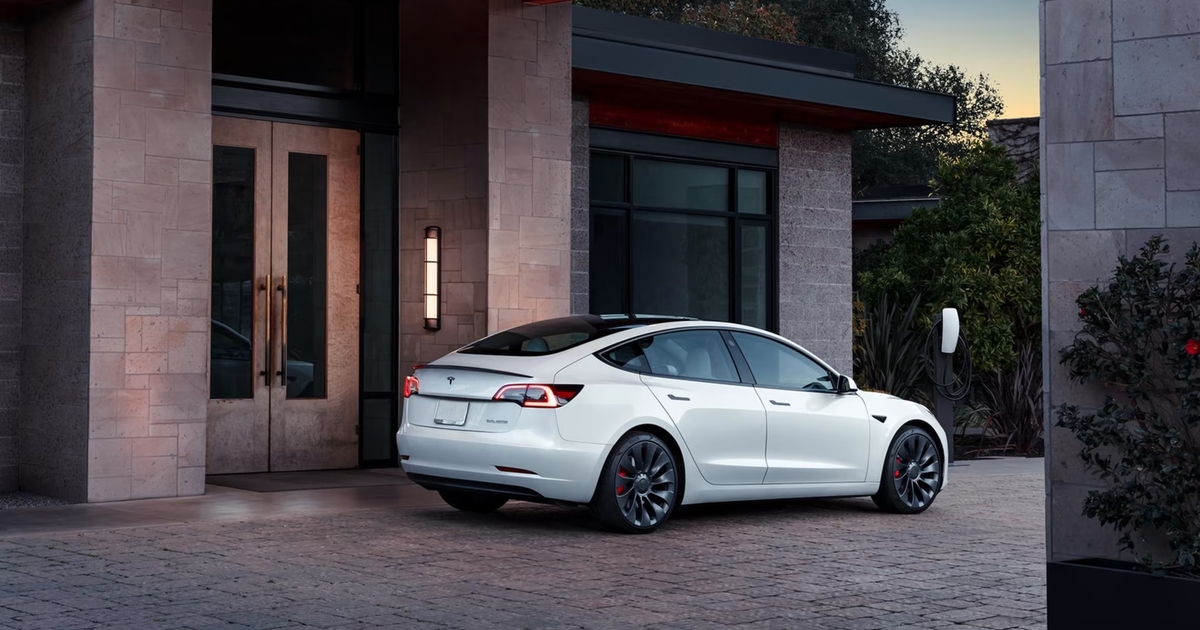Presented as more efficient, less polluting and safer than lithium-ion, solid batteries for electric cars are the subject of billions of euros of investment. The avowed objective is to launch industrial production before the end of this decade. In France, a plant adopting this technology is currently being studied.
The Taiwanese company ProLogium plans to invest 5.2 billion euros by 2030 in a solid electrolyte battery factory in Dunkirk. A real bet while the production of these new accumulators is not completely mastered. This technology is indeed validated in the laboratory, but not on a large scale, explains Jean-Marie Tarascon, professor at the College de France, to AFP.
For ProLogium, production could start at the end of 2026. Volkswagen has also invested in this technology through the company Quantum Space in order to produce its own in 2025, and Toyota is aiming for the same timetable. “The transition to industrial scale will not happen before the end of the decade, even rather by 2035however anticipates Mr. Tarascon. The main obstacles are pressure control during assembly and the interface with the solid electrolyte.” In other words, it is difficult for builders to pass electric current through solid material without administering very great pressure during manufacturing, a difficult art at the industrial level.
These new electrolyte batteries promise to carry the current via a hard conductor, and not liquid, between the anode (plus terminal) and the cathode (minus terminal). In theory, there is a gain in safety against the risk of fire, but also in volume, charging speed and energy density compared to current batteries with liquid electrolyte (lithium-ion). They would also lead to a 24 to 39% reduction in the carbon footprint, according to the NGO Transport and Environment (T&E).
This environmental gain could only be generated if “Strong laws govern the methods of metal extraction”tempers T&E’s battery and supply chain policy manager, Cecilia Mattea, to AFP.
A single feedback
These numerous advantages remain theoretical and can only be verified with Blue Solutions (Bolloré group), the only company to market solid batteries in the world. In 25 years, it has succeeded in equipping Bluecar (formerly AutoLib’) and Bluebus, coaches operated in particular by the RATP.
Alas, in April 2022, two of them caught fire in Paris, leading to 148 vehicles of the same series being taken out of circulation. “The most probable cause is not related to a design problem, but to a bad positioning of insulator which can create a short circuit under certain precise conditions. Since then, we have learned a great deal from these events and the critical capabilities of the process have been secured”explains the CEO of Blue Solutions, Richard Bouveret.
Another drawback was that the Blue Solutions batteries only worked when preheated to 60°C, which made it necessary to always leave the vehicle plugged in when not in use, otherwise the battery would discharge. “Thanks to a brand new formula of the polymer constituting the solid electrolyte, the fourth generation works at room temperature”specifies Richard Bouveret to AFP.
With an investment of 145 million euros over three years announced at the end of 2022, Blue Solution wants to ensure industrial production of this new formula by 2028. For its part, ProLogium estimates that its batteries will not be affected by this problem of preheating, as they are made of silicone. A solution “hybrid located halfway between lithium-ion and solid state in terms of advantages”explains Jean-Marie Tarascon.
